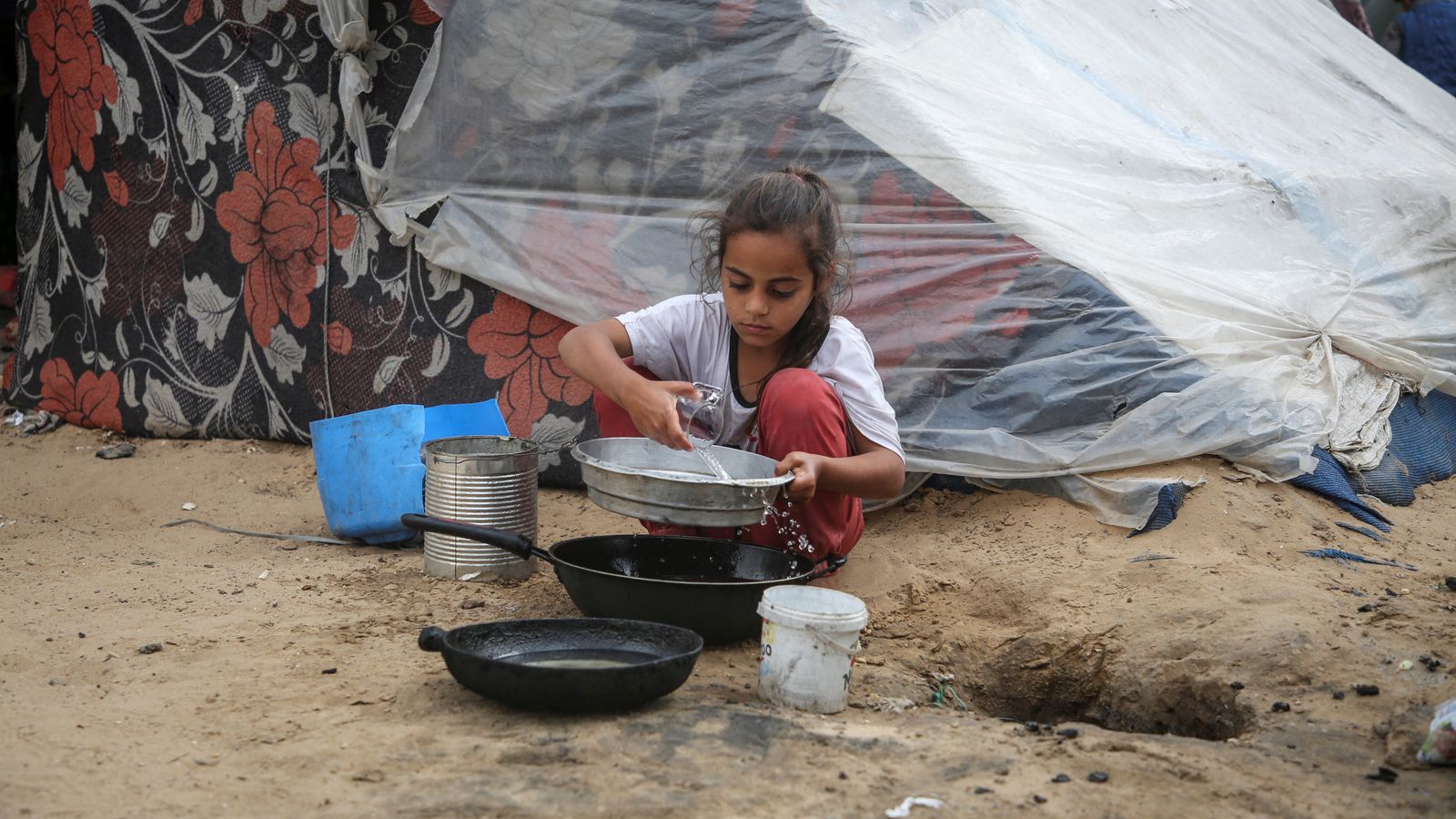A historic new study out of Scotland shows the real-world impact of vaccines against the human papillomavirus: The country has detected no cases of cervical cancer in women born between 1988-1996 who were fully vaccinated against HPV between the ages of 12 and 13.
Many previous studies have shown that HPV vaccines are extremely effective in preventing cervical cancer. But the study, published on Monday in the Journal of the National Cancer Institute, is the first to monitor a national cohort of women over such a long time period and find no occurrence of cervical cancer.
“The study is super exciting. It shows that the vaccine is extremely effective,” said Kathleen Schmeler, a professor of gynecologic oncology at the University of Texas MD Anderson Cancer Center, who was not involved in the research. “It’s obviously early. We’re just starting to see the first data of the impact of the vaccine because it takes so long from the time of the vaccine to the effects.”
The results underscore the importance of working to increase uptake of the HPV vaccine in the U.S., said Schmeler. Scotland, for example, introduced routine immunization in schools in 2008, and close to 90% of students in their fourth year of secondary school (equivalent to 10th grade in the U.S.) in the 2022-2023 school year had received at least one dose of the vaccine. In the U.S., where HPV vaccines are not administered in school, uptake among adolescents ages 13 to 17 is a little over 60%.
The study also points to how crucial the timing of vaccination is. “The girls that didn’t develop any cancer were vaccinated before becoming sexually active,” said Schlemer. “So we should not wait to vaccinate folks and really do it, for the guidelines, prior to becoming sexually active.”
The benefits of receiving the HPV vaccine before age 14
The authors of the Scotland study monitored the records of all women born between 1988 and 1996 who were eligible for cancer screening, about 450,000 women. Of that group, 40,000 were vaccinated between the ages of 12 and 13, and 124,000 received the vaccines at or after 14 years of age. The remaining women, nearly 300,000, were not vaccinated.
No cases of cervical cancer were found among the women who were vaccinated before they turned 14, even if they had only received one or two doses of the vaccine rather than the full, three-dose protocol. Also noteworthy is that women who received the three-dose protocol between the ages of 14 and 22 also benefited significantly. While some cases of cervical cancer were recorded in this group, the incidence (3.2 cases per 100,000 women) was two and a half times lower than among unvaccinated women (8.4 cases per 100,000 women).
“I was very surprised that there were no cases” of cancer in the group who received vaccines before 14, said Tim Palmer, the former clinical lead for cervical screening in Scotland and an HPV immunization consultant at Public Health Scotland, who was a lead author of the study. “In that age group, I expected about 15 to 17 a year in Scotland — and we have had none.”
The types of vaccine administered to the cohorts monitored in the study changed as newer ones became available, covering more types of HPV. Until 2012, the vaccine in use was the bivalent Cervarix, targeting HPV 16 and 18. Then the quadrivalent Gardasil was administered until 2023, when the nonavalent Gardasil 9 was introduced.
This is why it’s still possible that cervical cancers may still arise even in vaccinated women, caused by the HPV strains not targeted by the earlier vaccines. “There are obviously other HPV types that cause cancer,” Palmer said, noting that the current results don’t mean cases of cervical cancers, caused by less high-risk strains of HPV, won’t emerge in the analyzed cohort in the future.
The study’s findings don’t diminish the need for continued screenings for early detection of cervical cancers caused by HPV types that were not targeted in the original bivalent vaccine, said Palmer, but the vaccines effectively targeted the more aggressive strains of HPV (16 and 18).
The impact of the vaccination was also greater among women of lower socioeconomic status, who otherwise reported higher occurrences of cancer, said Palmer.
Ville Pimenoff, a senior researcher at the Karolinska Institutet and professor at the University of Oulu in Finland, published the results of a large cohort study in Finland in November 2023, which showed the effectiveness of cohort vaccination in creating herd immunity against HPV. He said the results from Scotland confirm his findings. “When you vaccinate in a cohort way, there seems to be very strong, protective immunity in those communities,” said Pimenoff, who was not involved in the Scottish study.

Sarah Carter is a health and wellness expert residing in the UK. With a background in healthcare, she offers evidence-based advice on fitness, nutrition, and mental well-being, promoting healthier living for readers.








